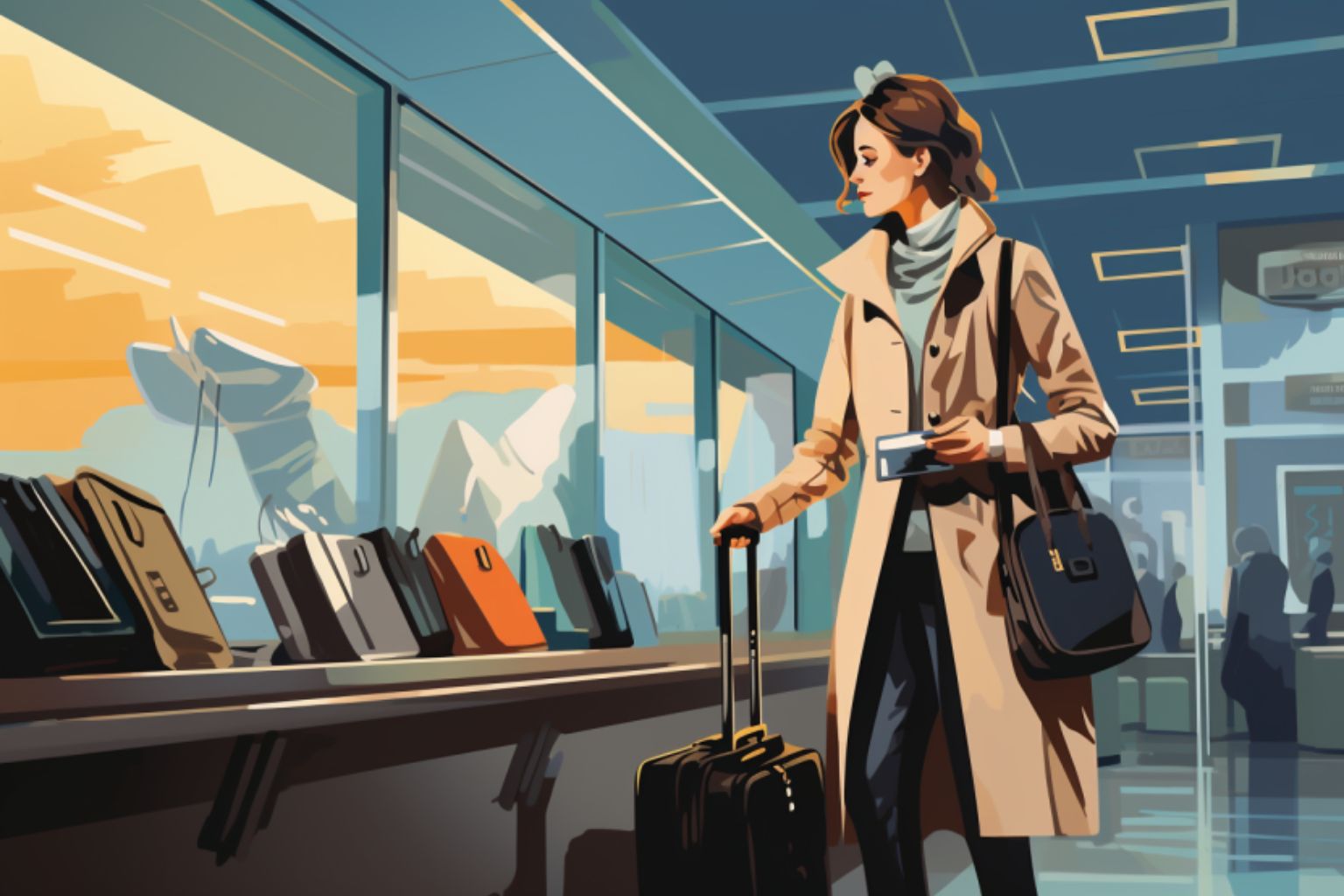Since Allegiant Air implemented its decision to charge passengers for carry-on luggage last week, one might assume that everything regarding this outrageous new fee has already been discussed.
Maybe not.
Just in case you missed it, Allegiant began charging for carry-ons April 4, billing passengers $35 for each bag they bought on the plane. It joins Spirit Airlines, which introduced fees for carry-ons in 2010.
Allegiant didn’t bother with a public announcement or justification for the fee, and the flying public’s swift acceptance of the surcharge will likely prompt other airline executives to ponder, ‘Hey, why don’t we do that?”
Air travelers are unhappy, of course. No one wants to pay yet another fee, and especially one that can only be avoided by traveling luggage-less. I asked Jim Daniel, one of my regular readers, for a reaction. He simply said, “I hate flying.”
Services across airlines
Let’s not dwell on the present, but the future. Allegiant is a small carrier and so is Spirit, and we still have a choice in airlines. I mean, if we want a bag included in our fare (please don’t call it a “free” bag, because nothing is free) we can still fly on Southwest or JetBlue.
And for now, at least, the “legacy” airlines aren’t charging to carry on luggage, allowing passengers to bring their XL suitcases on board to get around their luggage fees. That’s absurd in its own way.
It took 20 months for the contagion of carry-on fees to spread from Spirit to Allegiant. How long will it take to jump to a bigger airline — say, US Airways? Also, what kind of new fees will airlines come up with to boost their all-important “ancillary” revenues?
Airline ancillary charges
We can see glimpses of the future right now, in airlines like Ryanair, the highly profitable and fee-obsessed Irish carrier.
RyanAir has a few fees you’ve probably never heard of. They include an “administration fee” for paying by credit card, a priority boarding fee, a reserved seating fee a boarding card fee, and an online check-in fee. How do I know this? RyanAir’s own site publishes a handy guide to avoiding its own fees, which apparently looks a lot easier than it actually is, because the airline makes buckets of money from these charges.
Spirit and Allegiant are doing their best to copy Ryanair, but they’ve also come up with a few innovations of their own. The most notable is Spirit’s $9 fare club, a clever scheme that offers special reduced fares in exchange for an annual fee that’s considerably higher than $9. Worse, the membership auto-renews whether you want to or not. Think of it as your airline offering a “free” credit report. (Here’s our guide to finding your lost luggage.)
The true innovators are the ones that are able to change an entire industry forever. When American Airlines began charging for the first checked bag several years ago, the rest of the major airlines followed quickly. Although American is now in bankruptcy, it hasn’t given up its search for new fees. I believe the sharpest minds in the ancillary fee world work at American, and the changes we’ll see — and we will probably see them soon — will surprise even the seasoned air traveler.
Fees in modern aviation
Airlines like American are developing sophisticated new technologies that delivers a more “personalized” flying experience, and that personalization also applies to the fees you’ll pay. Instead of a “one size fits all” fare, it might offer you one price, with certain markups and optional fees; and it might offer me a different fare with different fees.
It’s like the shopkeeper selling trinket at the old Middle Eastern bazaar — “for you, special price!” — scaled up. Brilliant, isn’t it? (Related: Ryanair orders passenger with bag question to “shut up” does she deserve a refund?)
If a forward-thinking and customer-centric airline like American Airlines gets acquired by a proactive and customer-unfazed airline such as US Airways, we cannot predict the array of fees that might emerge in our future. However, I’m pretty certain about one thing: things would get really complicated really soon. (Here’s how to survive a long flight in economy class and avoid jet lag.)
Maybe we’ll look back on stories like Allegiant’s carry-on fee announcement with nostalgia someday. Ah, remember when airline tickets were still simple?




